The headlines have been alarming enough. “Steve Bannon’s obsession with a dark theory of history should be worrisome” (Business Insider). “Steve Bannon Believes The Apocalypse Is Coming And War Is Inevitable” (the Huffington Post). “Steve Bannon Wants To Start World War III” (the Nation).
The author, who wrote the book with William Strauss back in 1997, released a documentary in 2010 called “Generation Zero,” that is structured around the theory that history in America (and by extension, most other modern societies) unfolds in a recurring cycle of four-generation-long eras. According Howe, these cycles include a time of civic and political crisis — a Fourth Turning.
The insight of the book is compelling — nationalism and state-run authoritarianism would soon be on the rise, not just in America but around the world.
When “The Fourth Turning” came out, the book’s biggest fans were Democrats, who saw in it an emerging “Millennial generation” (a term coined by the authors), the sort of community-minded optimists who would pull America toward “progressive” ideals.
Conservative readers however, were drawn to another lesson: that the new era would probably see the successful joining of left-wing economics with right-wing social values.
The authors rejected the premise of modern Western historians that social time is either linear (continuous progress or decline) or chaotic (too complex to reveal any direction).
Instead they adopted the insight of nearly all traditional societies: that social time is a recurring cycle in which events become meaningful only to the extent that they are what philosopher Mircea Eliade calls “reenactments”. In cyclical space, once you strip away the extraneous accidents and technology, you are left with only a limited number of social moods, which tend to recur in a fixed order.
Four “turnings” that each last about 20 years — the length of a generation, mark each cycle, much like recurring seasons, as a new generation is born and each older generation ages into its next phase of life.
The cycle begins with the First Turning, a “High” which comes after a crisis era. The Second Turning is an “Awakening,” when institutions are attacked in the name of higher principles and deeper values. The Third Turning is an “Unraveling,” in many ways the opposite of the High.
Finally, the Fourth Turning is a “Crisis” period. This is when our institutional life is reconstructed from the ground up, always in response to a perceived threat to the nation’s very survival. If history does not produce such an urgent threat, Fourth Turning leaders will invariably find one — and may even fabricate one — to stir collective action, Howe argues.
In geopolitics, the rise of isolationism, nationalism and right-wing ideas have been witnessed across the globe. Geostrategist Ian Bremmer says people now live in a “G-Zero” world, where it’s every nation for itself.
America entered a new Fourth Turning in 2008. It is likely to last until around 2030. The authors’ paradigm suggests that current trends will deepen and at the end of the 2020s, the Fourth Turning crisis era will climax and draw to a close. Settlements will be negotiated, treaties will be signed, new borders will be drawn, and perhaps a new durable world order will be created.


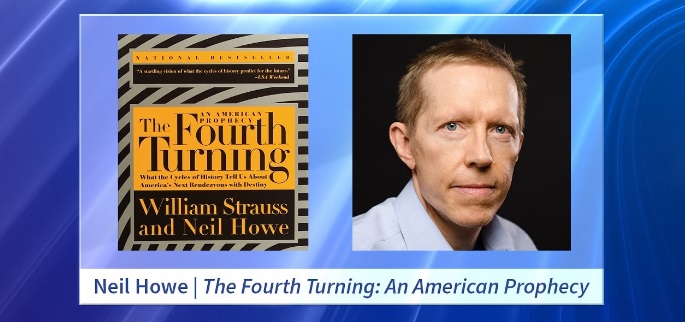

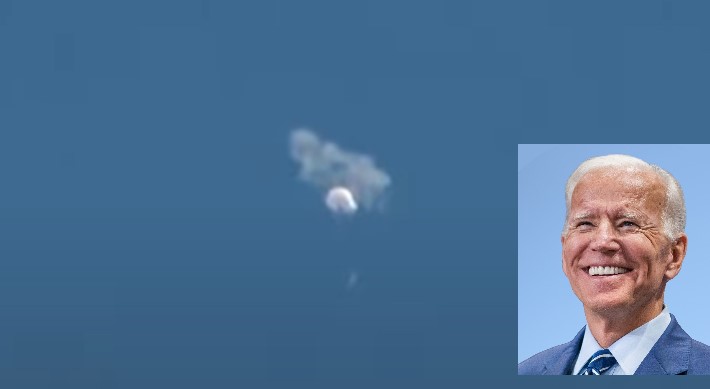


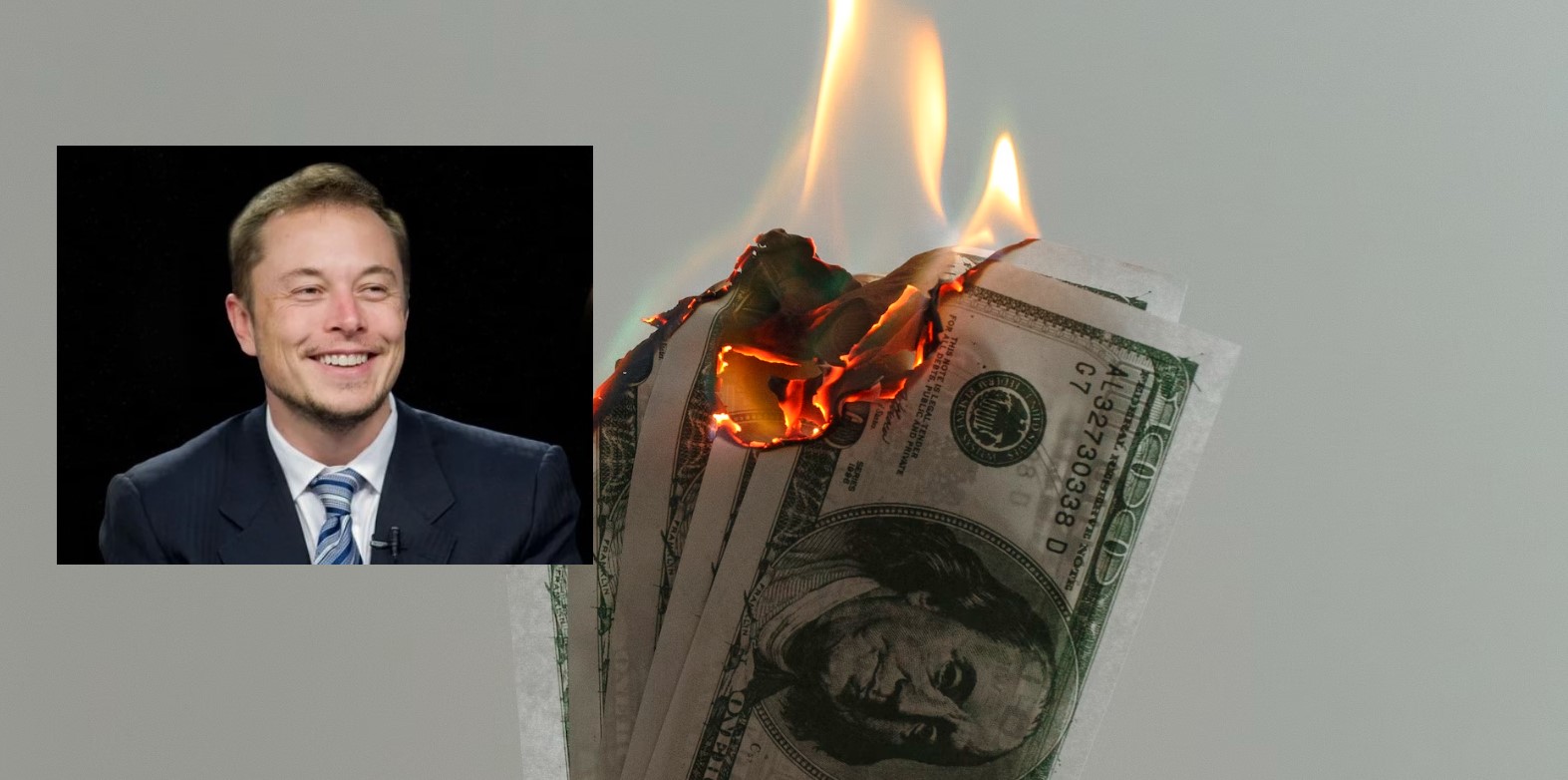


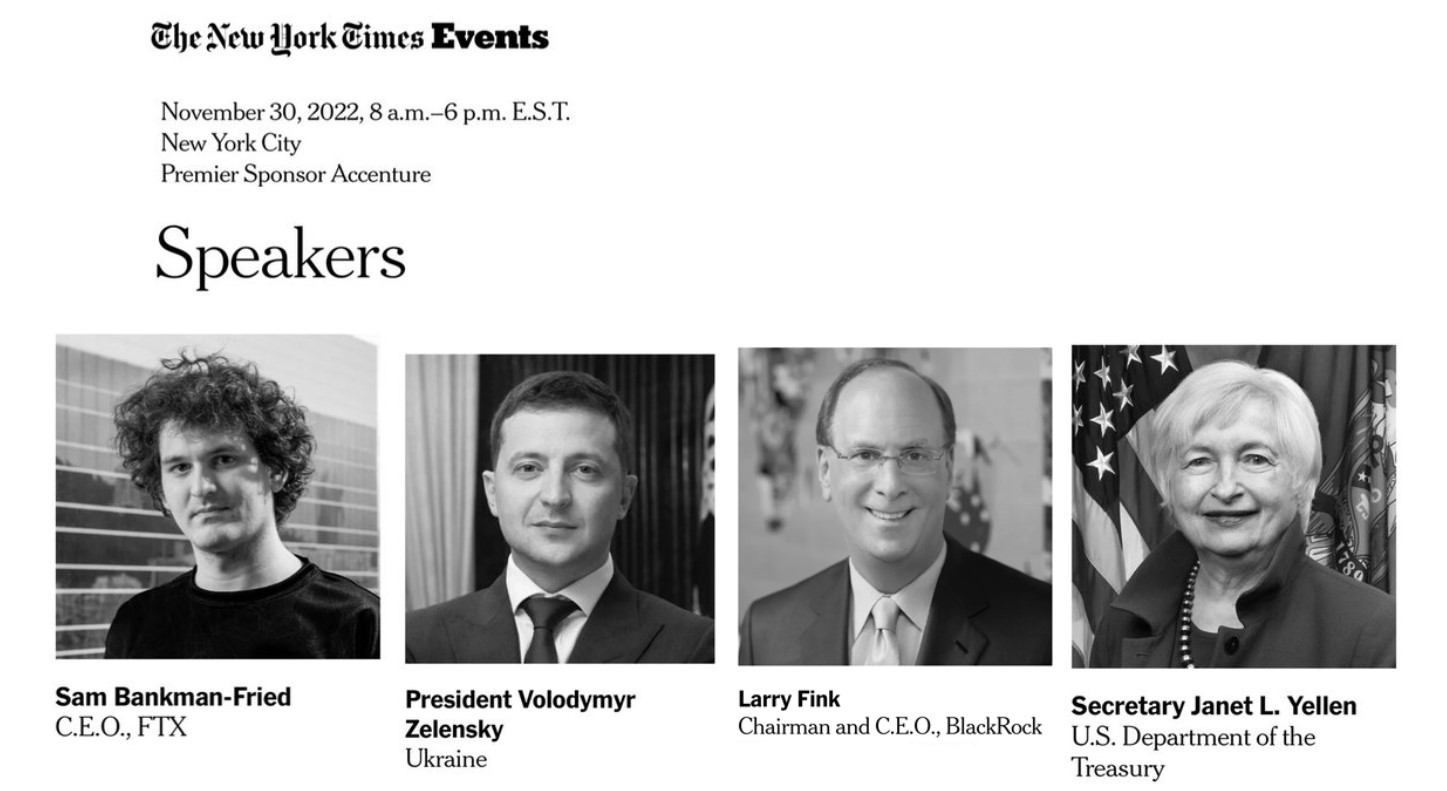

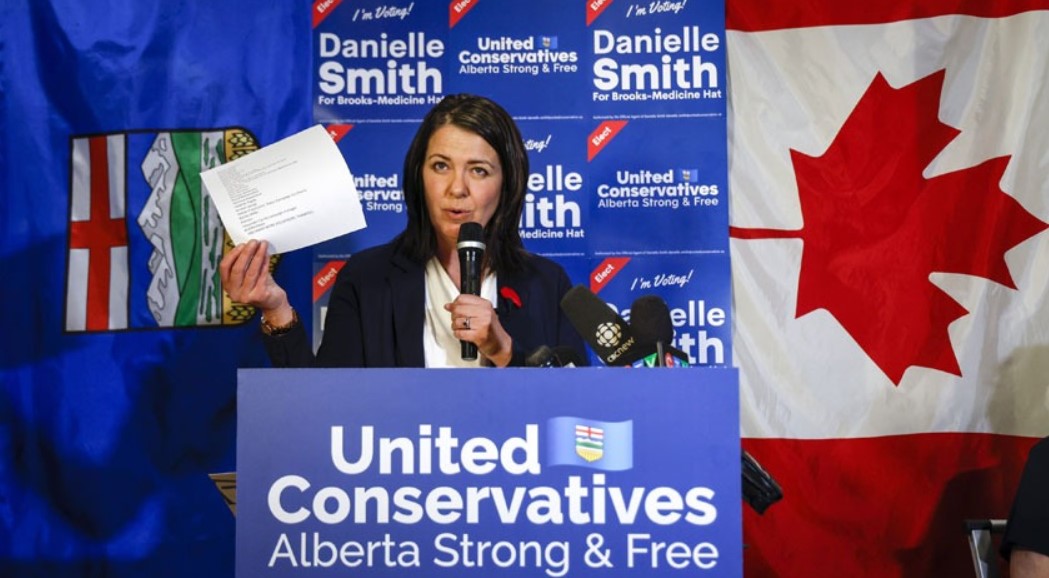
No comments.
By submitting a comment you grant Free West Media a perpetual license to reproduce your words and name/web site in attribution. Inappropriate and irrelevant comments will be removed at an admin’s discretion. Your email is used for verification purposes only, it will never be shared.